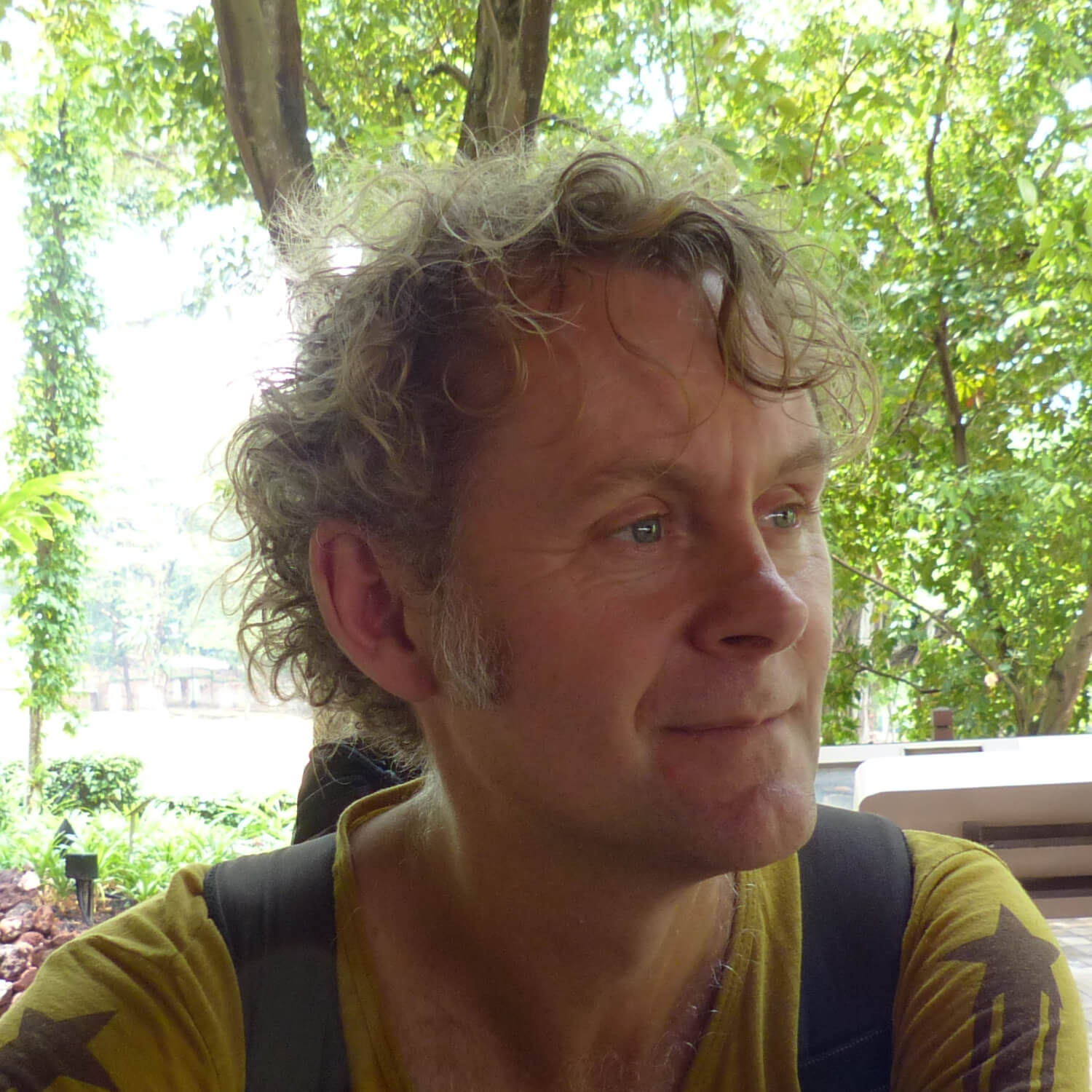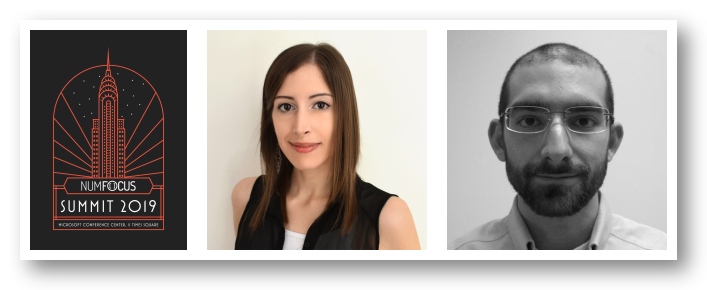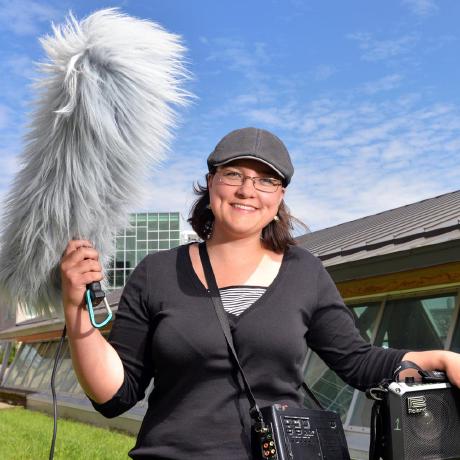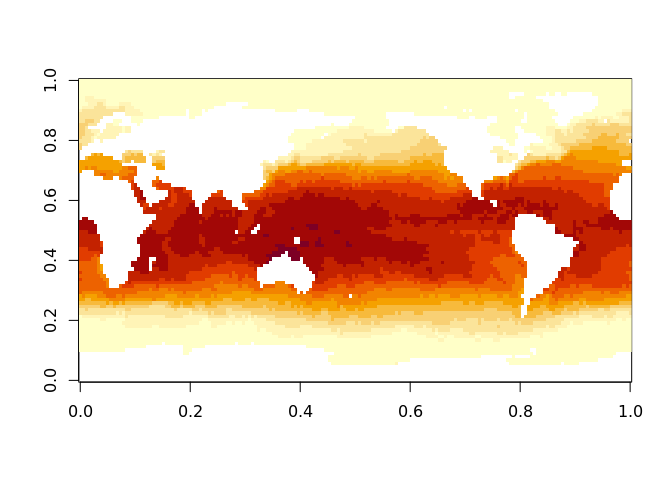One year ago, we released our new Code of Conduct. At that time, the Code of Conduct Committee (authors of this post) agreed to do an annual review of the text, reporting form, and our internal guidelines. We have made one change to the Code of Conduct text.

We mean it. On behalf of rOpenSci, thank you to everyone who has contributed their creativity, curiosity, smarts, and time in the last year. We are fortunate to have paid staff who work to build technical and social infrastructure to lower barriers to working with research data. But it is our community, built on trust, that binds us together and helps us see who we are working for.
Want to get some hands-on insights into running an open source community? Here’s an opportunity to work with me, rOpenSci’s Community Manager, on some non-code community-related work. I am looking for someone to work 1 day a week for 12 to 14 weeks. Working alongside rOpenSci’s Community Manager, Stefanie Butland, you will use guidelines and checklists to help run some of our established programs like our Blog and Community Calls.

We’re thrilled to be introducing a new member of our team. Mark Padgham has joined rOpenSci as a Software Research Scientist working full-time from Münster, Germany. Mark will play a key role in research and development of statistical software standards and expanding our efforts in software peer review, enabled by new funding from the Sloan Foundation.

The United States Deparment of Agriculture National AgriculturalStatistics Service (USDA-NASS) provides a wide range of agriculturaldata that includes animal, crop, demographic, economic, andenvironmental measures across a number of geographies and time periods.This data is available by direct download or queriable via theQuick Stats interface.

rOpenSci thrives because of volunteer contributions from community members - submitting and reviewing R packages, serving as editors for software peer review, writing blog posts, sharing information about packages and resources, contributing code and documentation and answering others’ questions. Recently our fiscal sponsor, NumFOCUS, gave us an opportunity to nominate two contributors for recognition at the NumFOCUS annual summit.
Studies of muscle physiology often rely on closed-source, proprietary software for not only recording data but also for data wrangling and analyses. Although specialized software might be necessary to record data from highly-specialized equipment, data wrangling and analyses should be free from this constraint.

To the uninitiated, software testing may seem variously boring, daunting or bogged down in obscure terminology. However, it has the potential to be enormously useful for people developing software at any level of expertise, and can often be put into practice with relatively little effort. Our 1-hour Call will include two speakers and at least 20 minutes for Q &

In May 2019 version 0.2.0 of tidync was approved by rOpenSci and accepted to CRAN. Here we provide a quick overview of the typical workflow with some pseudo-code for the main functions in tidync. This overview is enough to read if you just want to try out the package on your own data.
Theme song: PSA by Jay-Z We announced the testing version of skimr v2 onJune 19, 2018. After more than ayear of (admittedly intermittent) work, we’re thrilled to be able to say thatthe package is ready to go to CRAN. So, what happened over the last year? Andwhy are we so excited for v2?Wait, what is a “skimr”? skimr is an R package for summarizing your data.